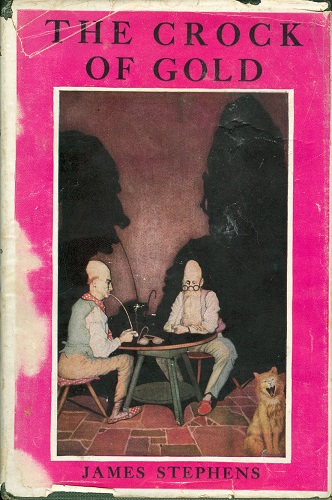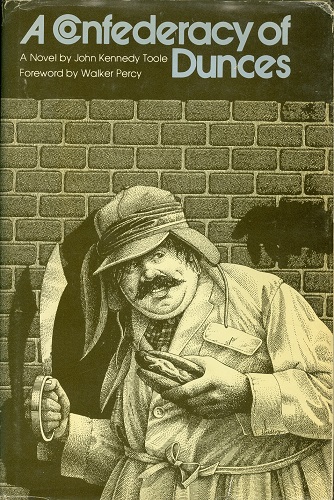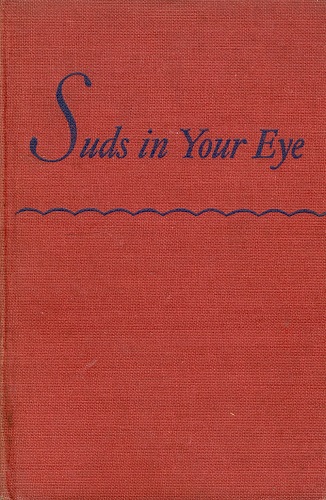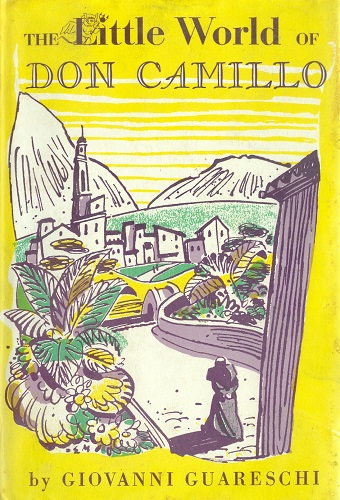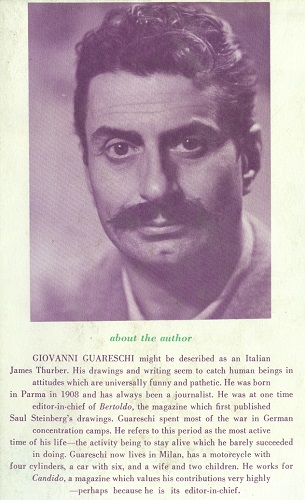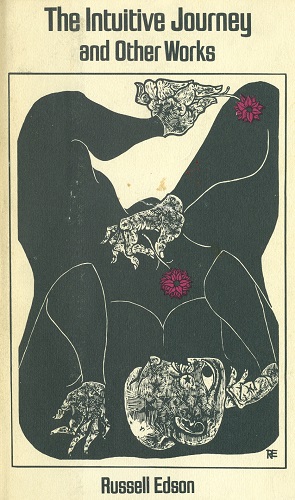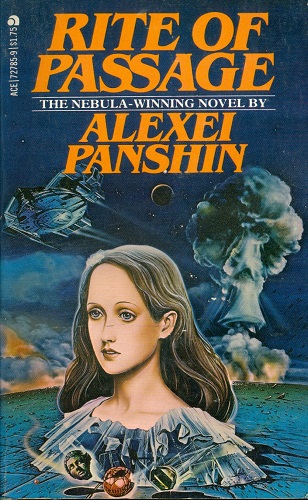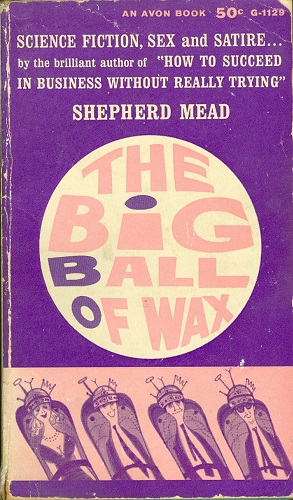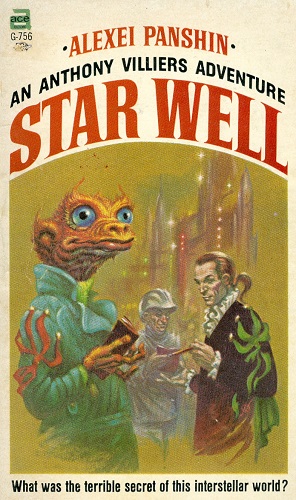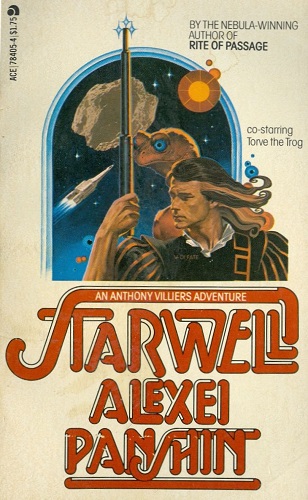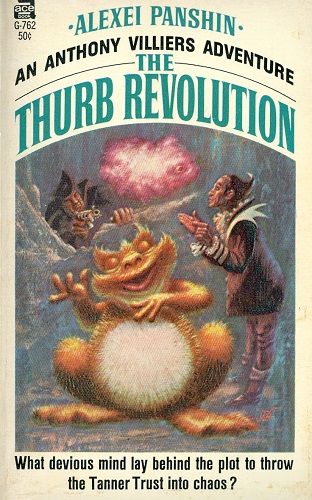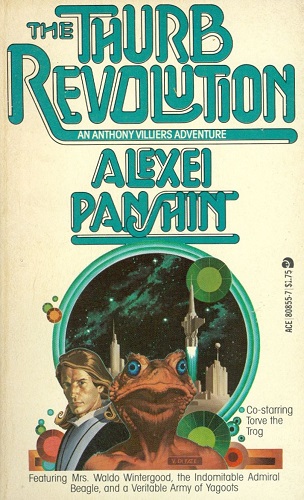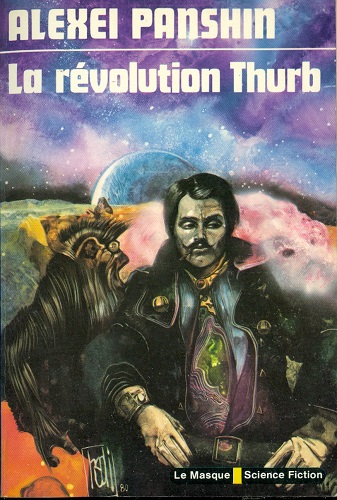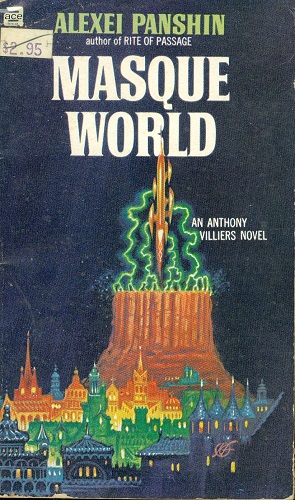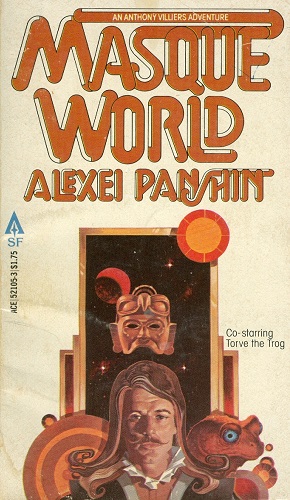"The amoeba only knows as much of the universe as it can touch, and its direct image of the world is necessarily incomplete. But generation to generation the amoeba remembers what it has touched, and builds and builds its picture.
We know at first hand a boutiful universe beyond the amoeba's dreams. We are the amoeba's dreams, the result of its striving to know more of the universe. And generation to generation, we remember what we have touched, and build and build our picture.
When man first started counting, he thought he had five senses: hearing, sight, taste, smell and touch. On a recount he discovered that subsumed under touch were at least three senses, separate and distinct --- pressure, temperature, and texture --- and that subsumed under taste were at least two.
He kept counting, and added the vestibular and kinesthetic senses. And the so-called Synesthetic Gearbox, which added confusion to sense.
One count totaled twenty-six, and another thirty-two. The difinitive study by DeJudicibus in 1107 listed seventeen common senses from sight to smell to asthetics and self-awareness, and twenty more senses as rare, indistinct or only rumored.
The seventeen basic senses appear in every combination and degree in humans, the variance accounting for so many of our everyday differences in opinion. Any one sense can be strengthened to impressive limits by attention, experience and practice. But even all seventeen senses at their limit yield an imperfect picture of the universe. Subtle harmonies lie beyond our detection. The stars sing songs no man has ever heard.
However, if man doesn't hear the songs the stars sing, there are those that do. The Bessain, for instance, have been engaged in an eon-long conversation with their star to claimed mutual benefit.
And we have our strengths. Our senses are more than receptors. They acknowledge the presence of other sensitive concentrations of energy. Without sight --- and our appreciation --- the stars would not shine.
The Bessain report their star is delighted that its theoretical efforts are appreciated. So ask not for whom the stars shine. They shine for thee, and they are glad to do it."
|
